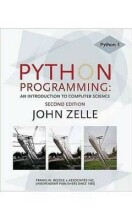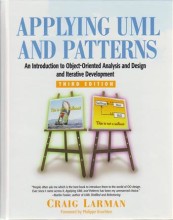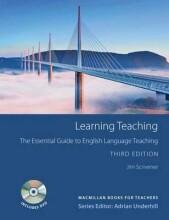Development psych cognitive (Piaget)
14 important questions on Development psych cognitive (Piaget)
What is a schema?
A schema is a psychological structure (primary unit thereof) for an organized way to understand a certain experience (interaction with surroundings).
It changes with age and experience:
- In first instance based on action (motor patterns)
- Later more mentally-oriented (thinking)
What is the difference between adaptation and organization?
Internal rewiring of schema’s, independent of interaction with surroundings; solely due to development of the CNS --> reaching, grabbing, pincer grasp
Adaptation:
Build schema’s and adapt them by direct interaction with surroundings
Subprocesses to acquire new schema’s: assimilation & accommodation
What are two ways of adaptation? Can you explain them?
- Assimilation
- Accommodation
Assimilation: use current schema’s to interpret what has been experienced, add new info to existing schema’s by experience, used when there is equilibrium.
Accommodation: adapting old schema’s and forming new ones that better fit what has been experienced, evoked by disequilibrium.
- Higher grades + faster learning
- Never study anything twice
- 100% sure, 100% understanding
What are Piaget's stages of cognitive development? What age groups are ordered in what stage?
Preoperational - 2 years old to 6 years old
Concrete operational - 6 years to 11 years
Formal operational - 11 years and onwards
By what is the first stage of Piaget, sensorimotor characterized?
What is object permanence and when is it learned?
What two forms of categorization is developing in the sensorimotor stage of Piaget?
- Perceptual
- Conceptual
What is perceptual categorization?
What is conceptual categorization?
What is developed during the second stage of Piaget, the preoperational stage?
What is meant with dual representation? When is this mastered?
What develops during the third stage of Piaget, the concrete operational stage?
What develops during the formal operation stage, the fourth stage of Piaget?
What is hypothetico-deductive reasoning?
The question on the page originate from the summary of the following study material:
- A unique study and practice tool
- Never study anything twice again
- Get the grades you hope for
- 100% sure, 100% understanding
































